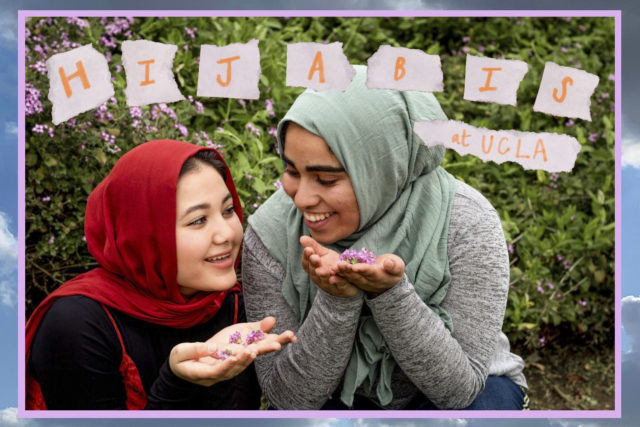Despite living in an era of heightened Islamophobia in the U.S., Muslim women are challenging misconceptions surrounding Islam through their hijab. In this photo essay, a handful of women from the hijabi community discuss what it’s like to wear hijab on campus.
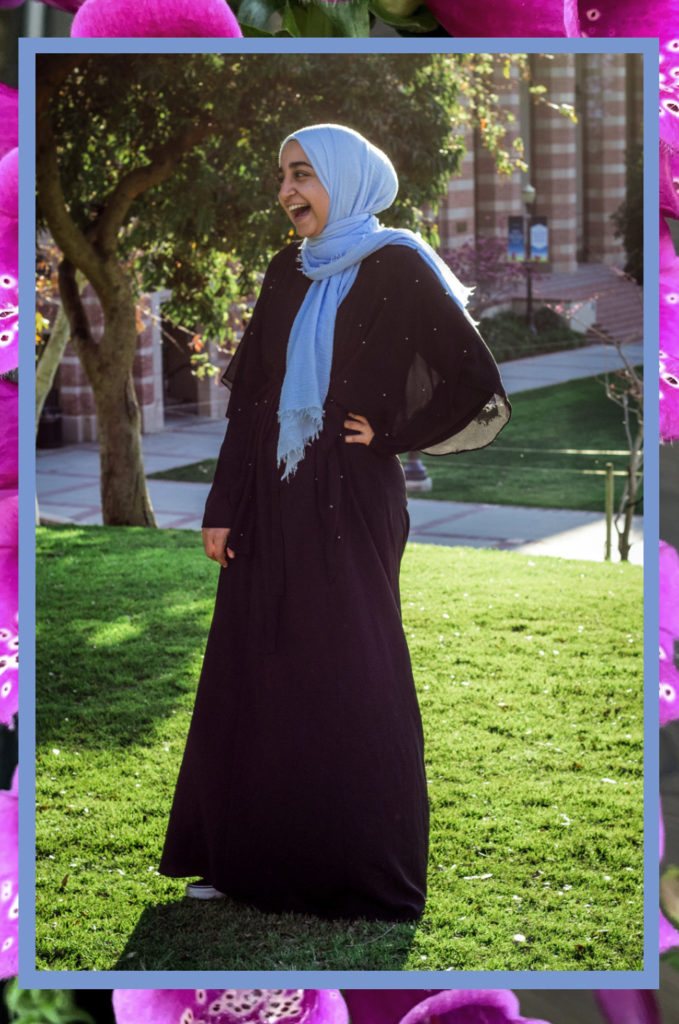
“When I wear hijab there’s no way that people don’t know I’m Muslim. It is so obvious and I love it,” said Nada Elquosey, a fourth-year anthropology student.
Elquosey moved from the United Arab Emirates to the United States when she was 17 years old and said she feels more comfortable wearing hijab in the U.S. than in the UAE.
“People here do what they want, and I always feel like my hijab is me doing what I want,” she said.
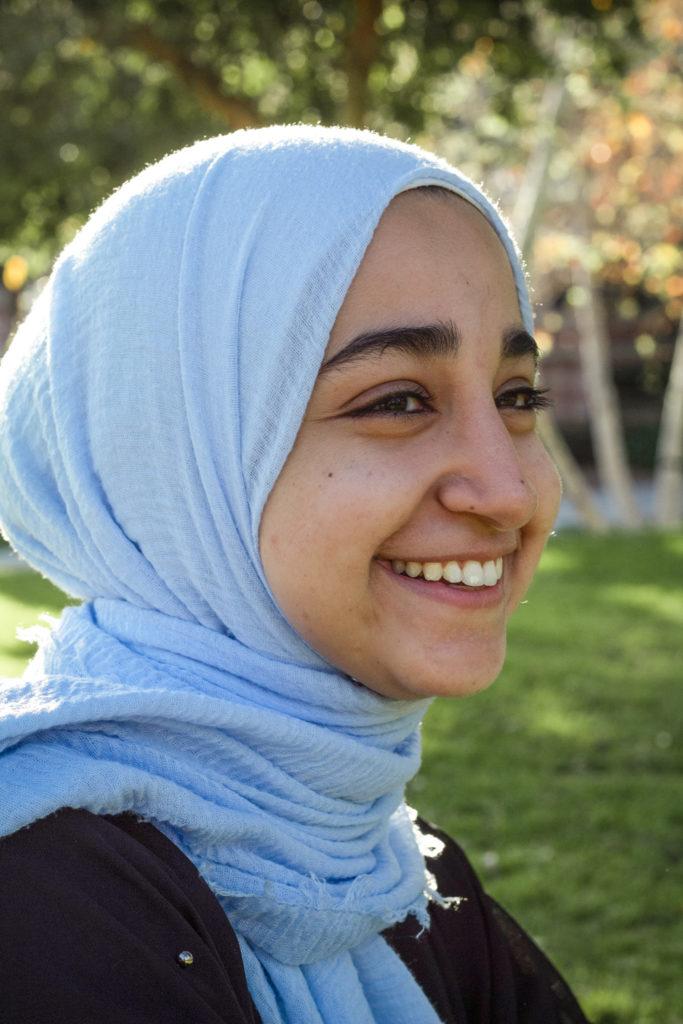
Elquosey said she is frustrated that the hijab is often taken out of context in academic spaces. She said she stepped in to educate her peers on misinformation when a professor spoke about the hijab in a negative way.
“I like sharing my knowledge because I know that I’m entitled to sharing my knowledge because I am a hijabi,” Elquosey said. “I know my narrative way more than a professor that doesn’t know my narrative, because she doesn’t wear hijab and she’s not Muslim.”
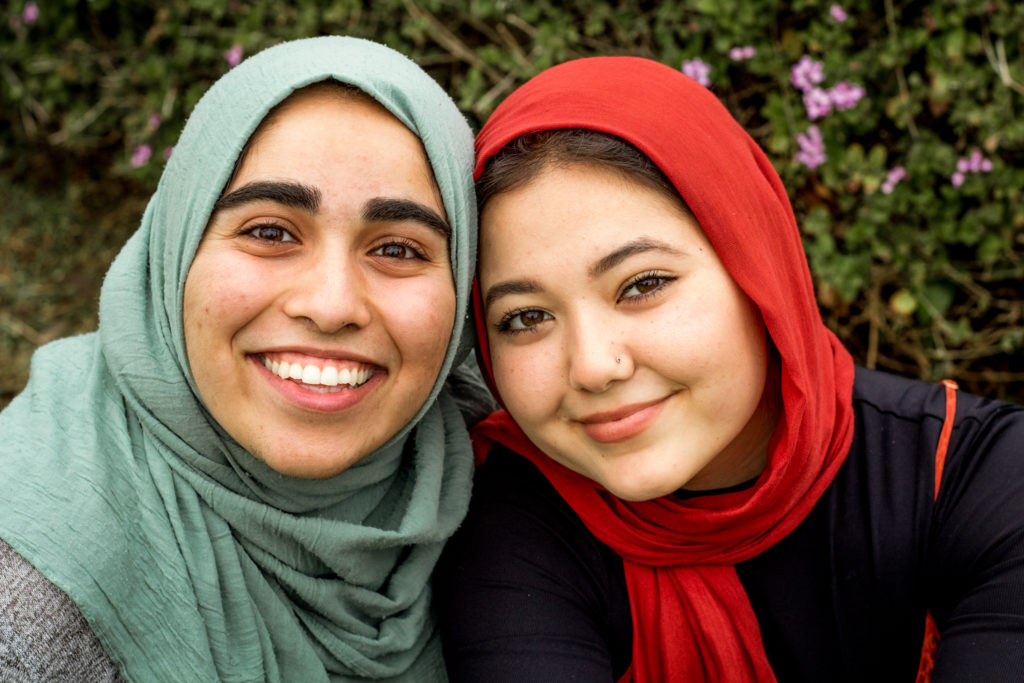
“In my high school, teachers and students would make very rude comments about religion and culture because they had a very automatic association with seeing me in a hijab,” said Mona Miraftab (left), a second-year undeclared student.
Miraftab said she has experienced instances when academics passively imply the hijab is a symbol of oppression and a defensive form of expression.
Regardless of negative biases surrounding the hijab, Miraftab said she feels a sense of pride about dismantling those misconceptions.
“Basically you’re saying, ‘Hey, just because I’m wearing a cloth over my head doesn’t mean I can’t still succeed educationally.’ And by that you’re breaking so many different stereotypes that people are putting against women in Islam, especially through education,” she said.
Andalib Ismail (right), a fourth-year psychobiology student added, “It’s nice to represent women in academia, just because there are so many stereotypes against Muslim women and thinking that Muslim women are oppressed and not given the same educational opportunities as men.”
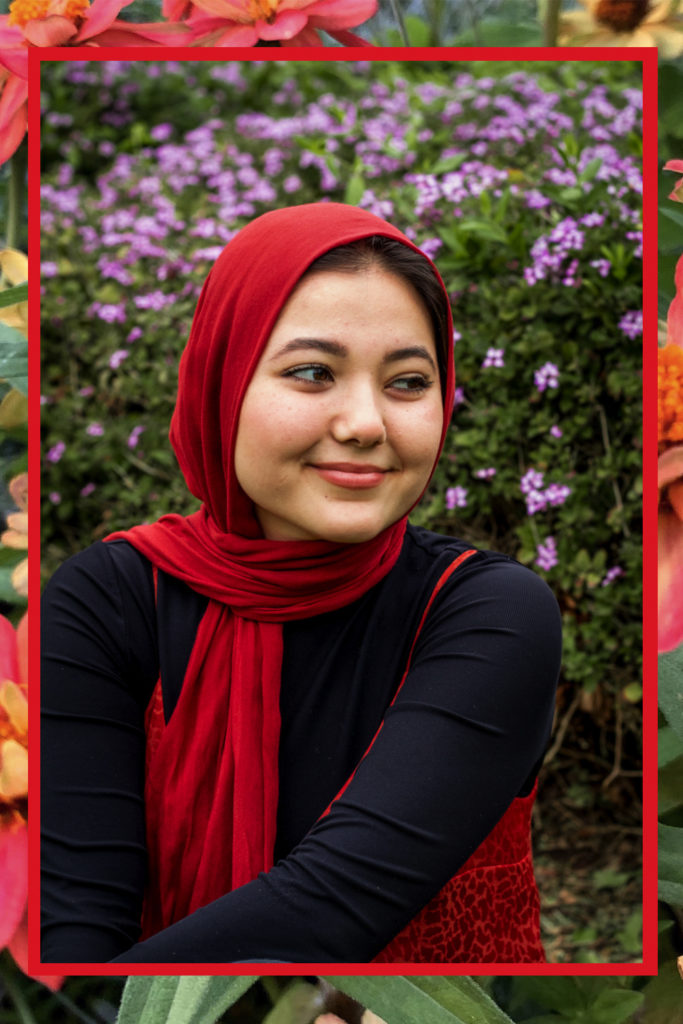
Ismail said she feels empowered being a hijabi at UCLA.
“If you see someone on campus and see their scarf, you’ll have an instant connection,” Ismail said. “Having that camaraderie with any Muslim woman that you recognize on campus is really powerful and strong for us.”
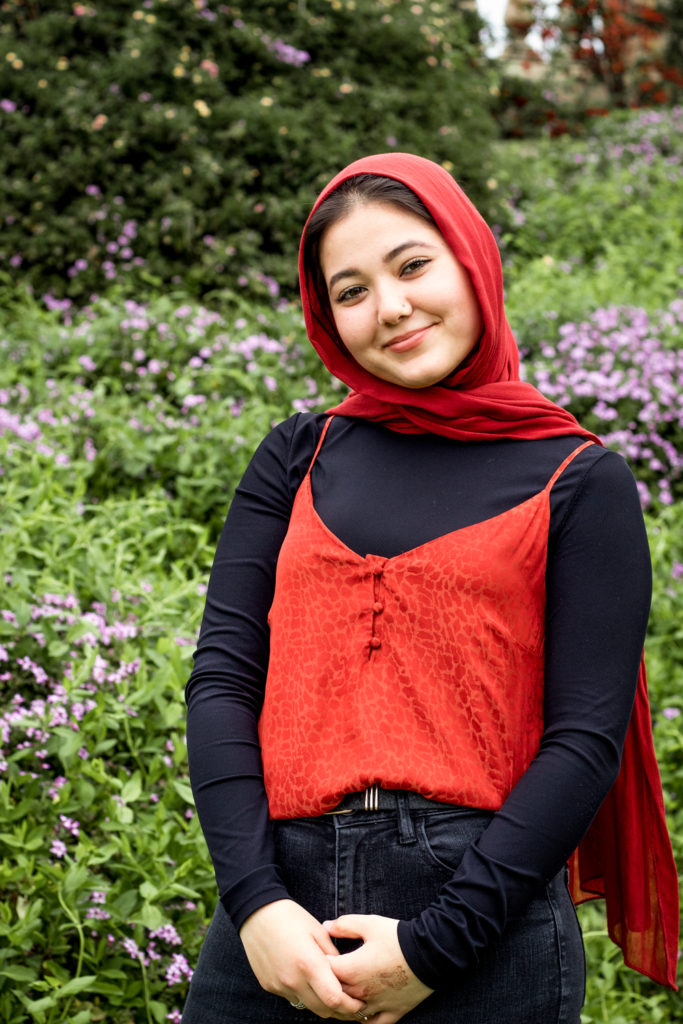
“It kind of helps you maintain hijab and realize its strength,” Ismail explained. “It’s really nice to have something that always reminds you of Islam and being that symbol for people.”
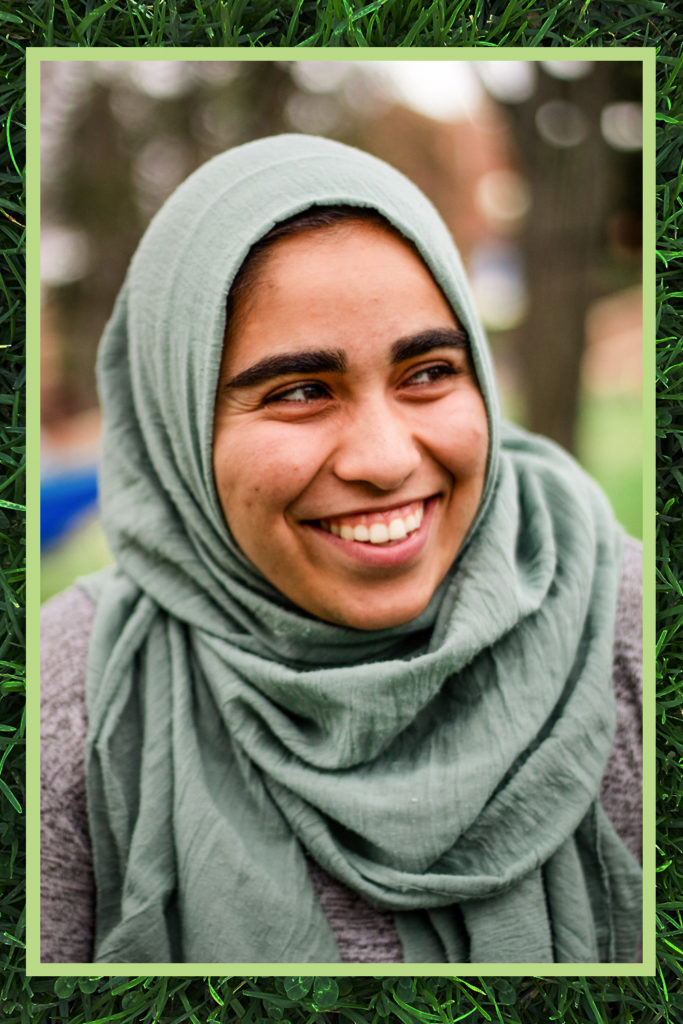
“(Hijab) can have so many different layers to it, like the protection, identity, symbolism aspects of it,” Miraftab said. “For me, I just have so much strength and confidence in like my character and who I am.”
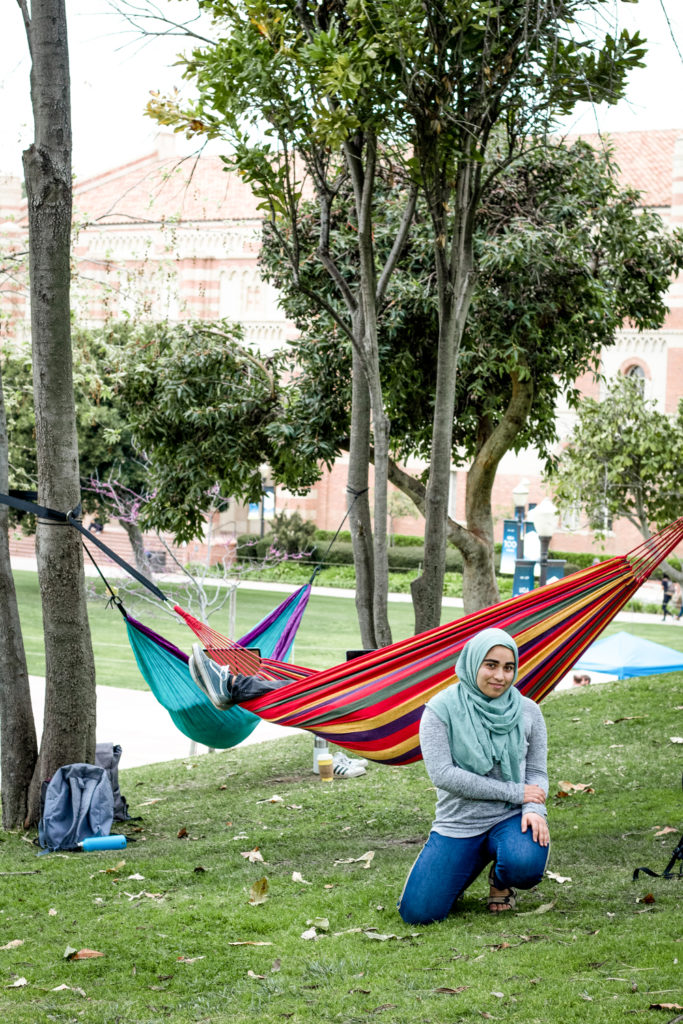
“We’re like a flag for Islam and as women who wear hijab, it’s immediate when you see someone and you can recognize them as Muslim,” Miraftab said. “I feel like that gives us an automatic role to fill that makes me more proud to wear it too.”
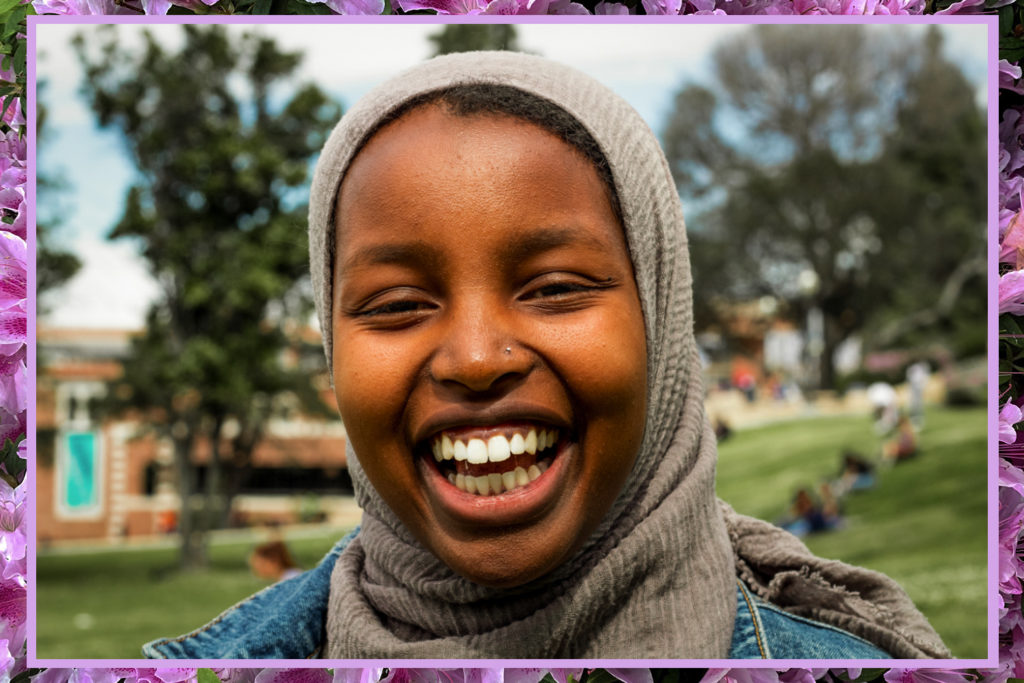
Alumna Hanaan Osman, who was previously the president of the Muslim Student Association, said it wasn’t until college that she began to realize the impact of her hijab in mainstream media, with Islamophobic rhetoric on the rise since President Trump enacted a travel ban on certain majority-Muslim countries.
“When you have the president of the United States bashing hijabi-wearing congresswomen, it makes you think, ‘Why is the hijab so contentious in this environment?’” she said.
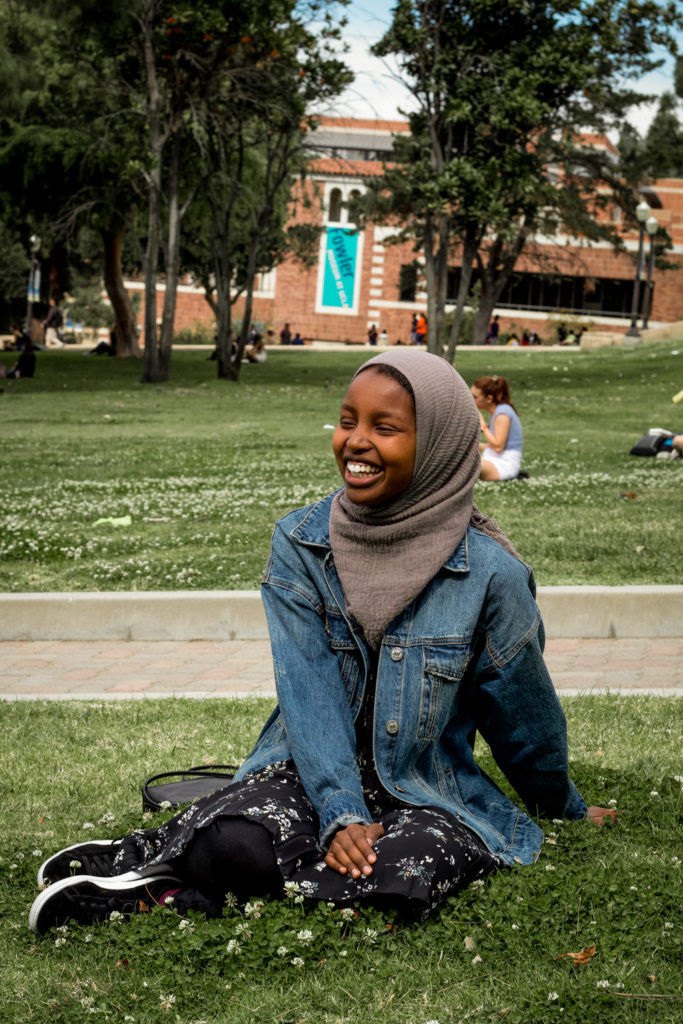
Osman said she often wonders how she can shift the discussion toward making the hijab less stigmatized in American culture.
“I guess that just starts with people like us who are very public and adamant and are unapologetically ourselves,” Osman said. “Hopefully that helps turn the culture and shift the culture of it to not being an alien thing but being acceptable in this society where there is so much diversity.”
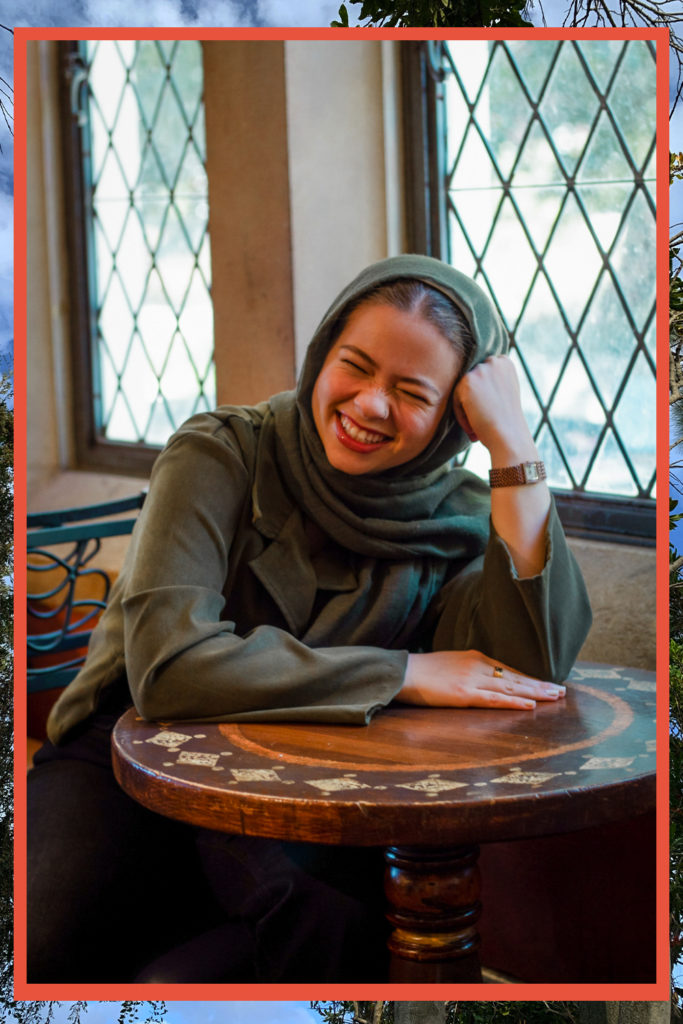
”I feel like part of the benefit of wearing hijab at a higher educational institution somewhere like UCLA is you know those kind of environments are really beneficial,” said fourth-year political science student Mariam Zahran. “Because whether you like it or not, hijab is part of the discussion. Always.”
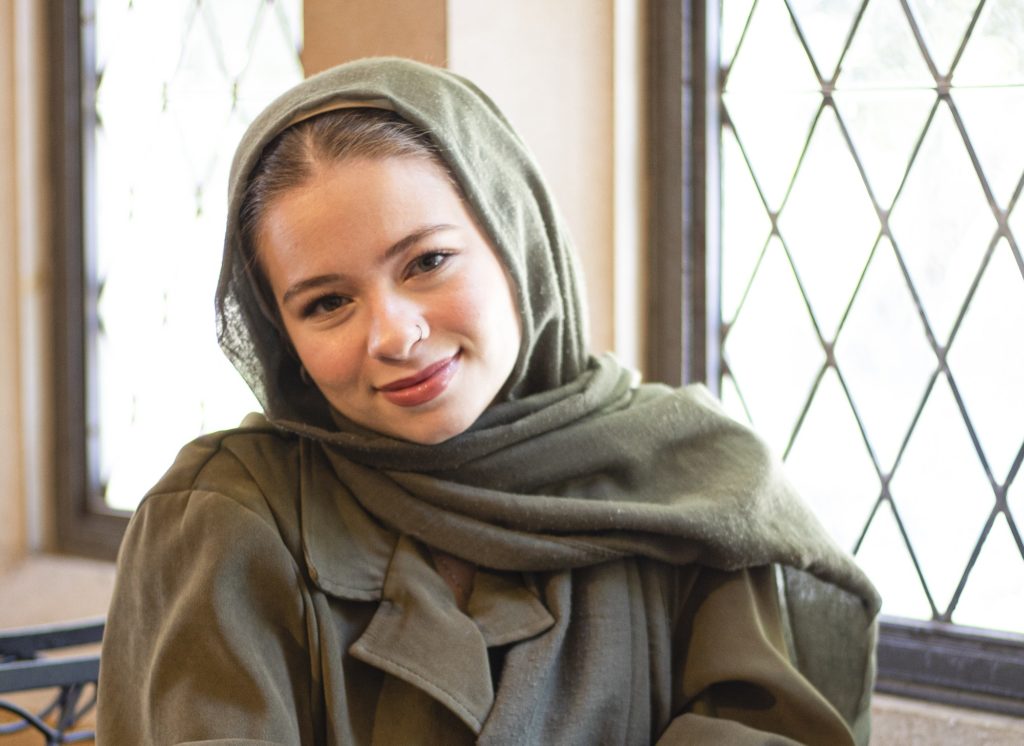
”Hijab is something that is so personal, and if you try to find the answer to that question with someone else, you might end up somewhere you don’t want to be,” Zahran said.
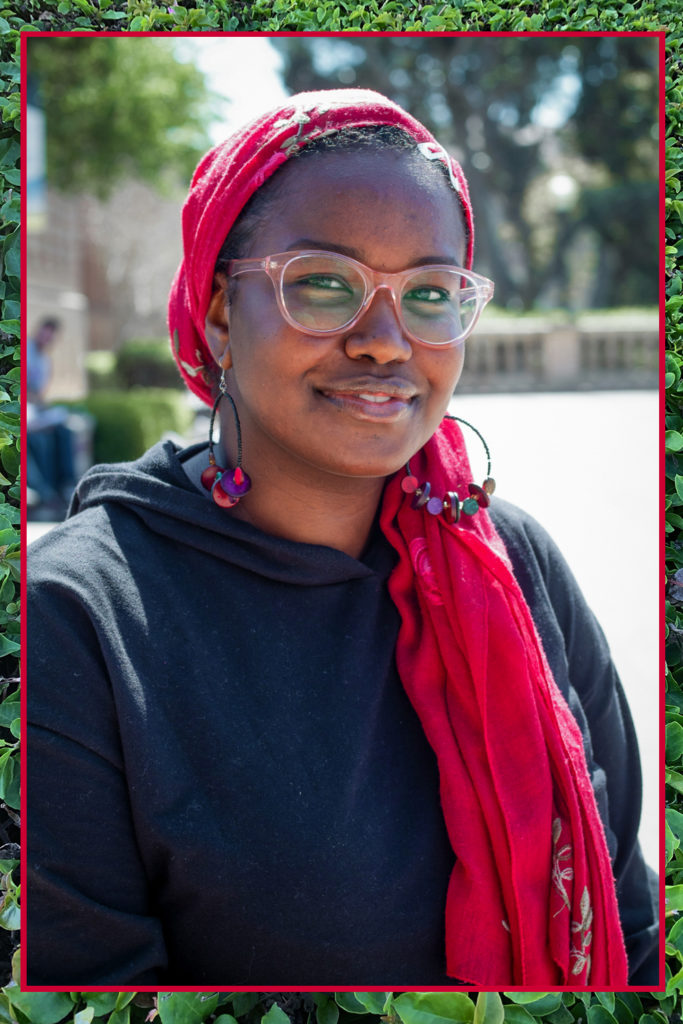
Fourth-year psychology student Eman Magzoub said she believes it is important to be mindful when asking a hijabi questions regarding the hijab, especially since she has had negative experiences where people bring harmful biases into the conversation.
She said wearing hijab takes a toll on hijabis because the wearer often ends up bearing the responsibility to explain their beliefs.
“Do I have the capacity right now to educate you on this? Or argue with you about my upbringing when you’re discrediting me and my freedom because you think I’m this oppressed woman?” said Magzoub.
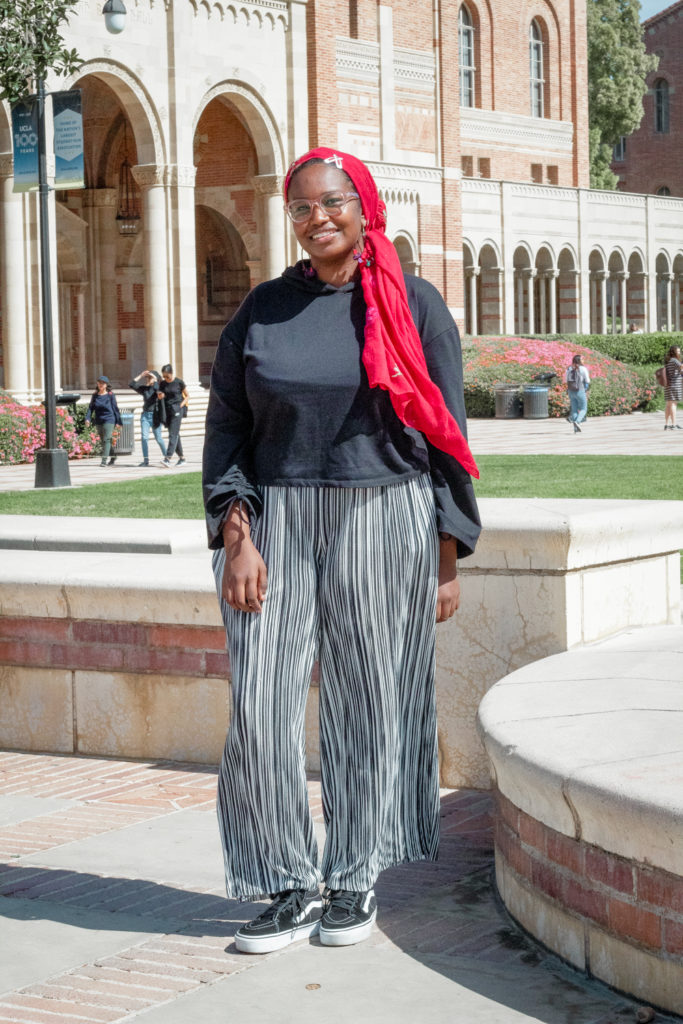
Magzoub said that while she’s open to having productive conversations, it makes her uncomfortable when the other person comes with the intention of policing her personal choices.
“I’m going to be honest and vulnerable,” she said. “But if you’re going to bring in Islamophobic beliefs, I’m not going to be able to have a conversation with you.”
She has some advice for other hijabis who are facing similar situations.
“A lot of it is how people perceive you and that is not who you are,” she said. “You know who you are, so only you can make that distinction.”
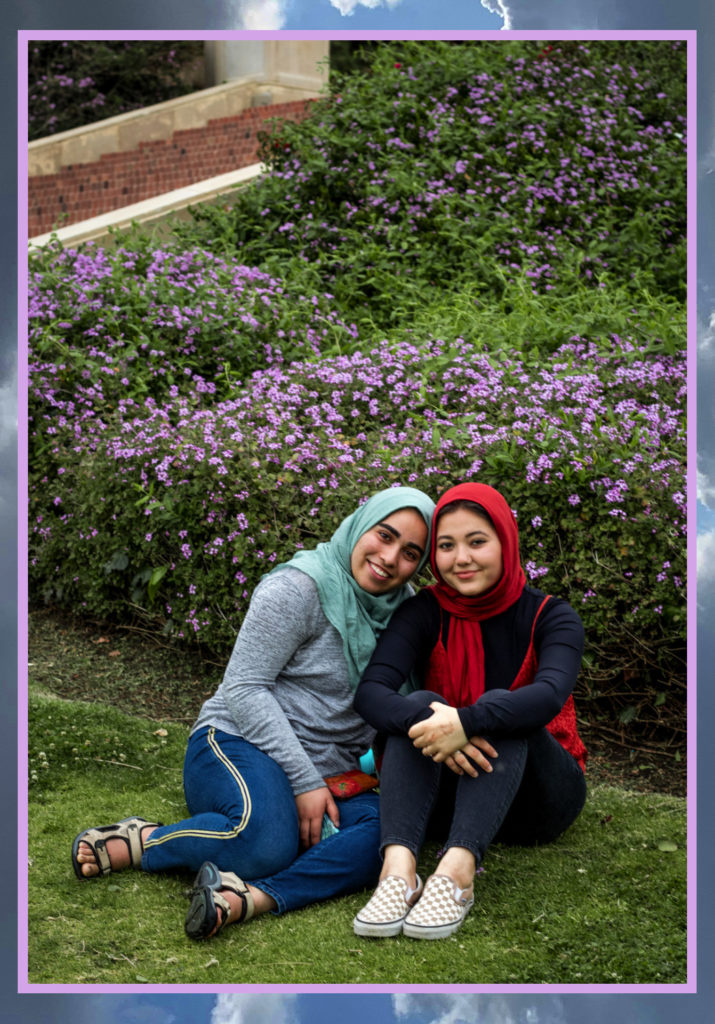
“You’re making yourself stronger in so many ways by something so simple,” Miraftab said in reference to the act of wearing hijab.
She describes her feelings about being a hijabi with one word: proud.
